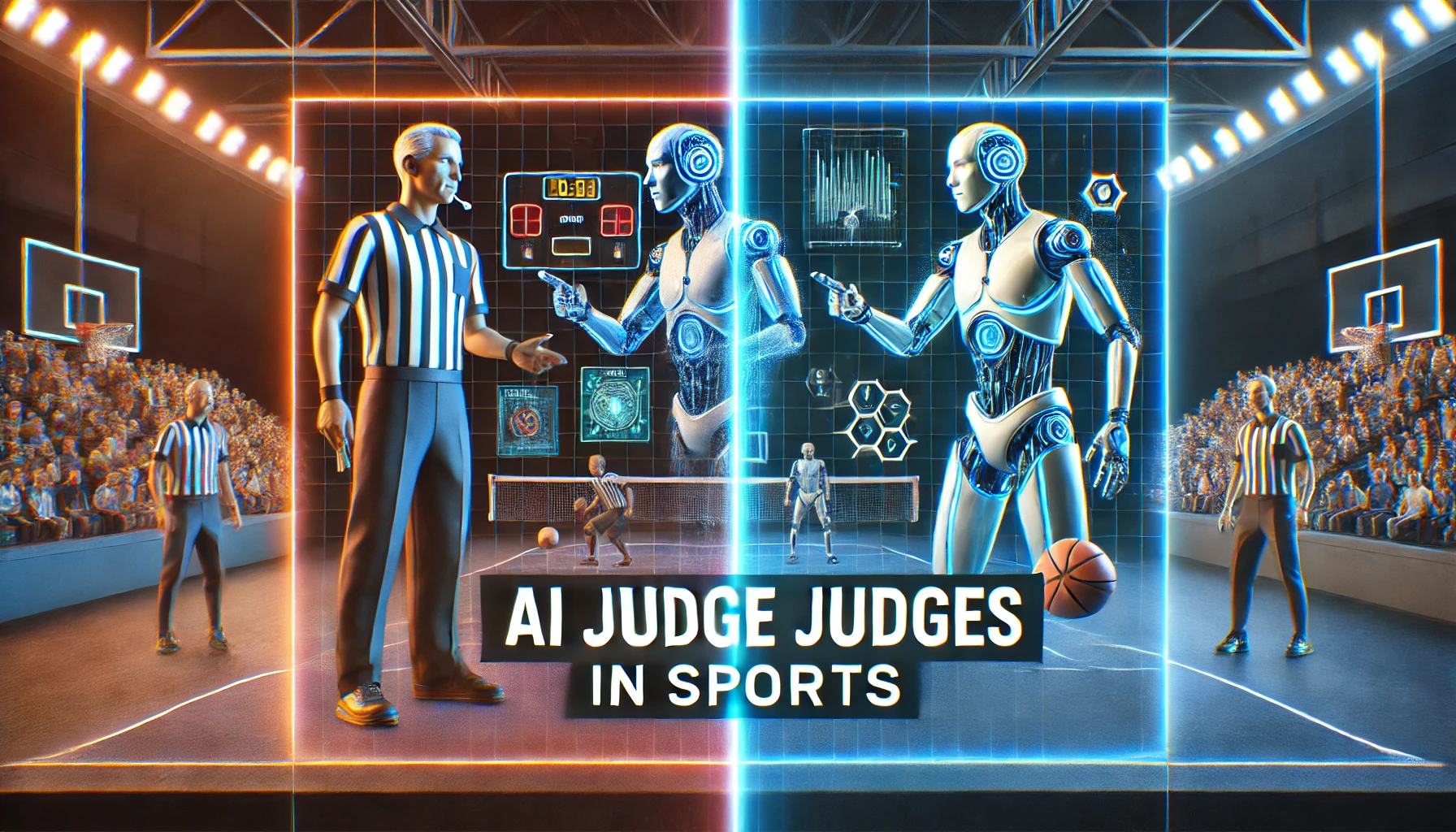Introduction to AI Judges and Their Role in Sports
The use of Artificial Intelligence in sports has transformed the way we approach athletic performance, coaching, and now, judging. AI judges are revolutionizing sports by offering more precise, unbiased, and efficient decision-making processes. From adjudicating gymnastic routines to calling close line calls in tennis, AI judges are redefining fairness and accuracy in competitive arenas.
The Evolution of Technology in Sports
From Manual Scoring to AI-Powered Systems
Sports have always adapted to technological advancements. Manual scoring methods have given way to automated systems, video replays, and now AI-driven analytics. Early technologies such as Hawk-Eye in tennis paved the way for AI judges by integrating precise measurements with human oversight.
Technological Milestones Shaping Modern Sports
Key innovations include wearable technology, performance tracking systems, and AI-driven data analytics. These advancements set the foundation for AI judges, enabling accurate, data-backed decisions in real time.
What Are AI Judges?
Definition and Purpose
AI judges are systems powered by machine learning and computer vision, designed to evaluate and make decisions in sports events. They aim to eliminate human bias, enhance accuracy, and provide consistency in judgment.
Core Technologies Behind AI Judging Systems
AI judges rely on technologies such as:
- Machine Learning: Adapting and improving judgment based on data patterns.
- Computer Vision: Analyzing images and videos to assess movements and boundaries.
- Neural Networks: Interpreting complex actions, such as gymnastic routines or fouls in soccer.
The Need for AI in Sports Judging
Challenges in Traditional Sports Judging
Human judges, despite their expertise, are prone to errors and biases. High-pressure environments, subjective interpretations, and limited vantage points often lead to disputes in critical matches.
Bias and Human Error in Sports Officiating
Studies show that factors like crowd influence, fatigue, and unconscious bias can impact human decisions. AI judges eliminate these variables, ensuring a fair playing field.
How AI Judges Work
Data Collection: Sensors and Cameras
AI systems integrate data from high-resolution cameras, motion sensors, and wearable devices to capture detailed, real-time information.
Real-Time Analysis Using AI Algorithms
Advanced algorithms process this data to make instant, accurate judgments. For example, in tennis, AI can determine whether a ball is in or out with millimeter precision.
Integration with Existing Judging Frameworks
AI systems work alongside human referees, providing real-time feedback or serving as the primary decision-making tool in certain sports.
Applications of AI Judges in Sports
Gymnastics and Figure Skating
AI judges analyze movements, angles, and landings with unmatched precision, offering fairer scores for complex routines.
Soccer: Offside Decisions
AI technology tracks player movements and positions to call offsides accurately, even in fast-paced situations.
Tennis: Line Calls
Systems like Hawk-Eye ensure instant, dispute-free line calls during high-stakes matches.
Combat Sports: Scoring Accuracy
AI judges track punches, kicks, and defensive moves to score matches more consistently than human judges.
FAQs
- How accurate are AI judges compared to human judges?
AI judges often achieve higher accuracy rates, minimizing errors in real-time decisions. - Are AI judges used in any major sports currently?
Yes, systems like Hawk-Eye in tennis and VAR in soccer are examples of AI-integrated judging tools. - What sports benefit most from AI judging?
Sports requiring precise measurements, like gymnastics, tennis, and soccer, benefit significantly from AI. - What are the ethical concerns about AI in sports?
Privacy, over-reliance on technology, and reduced human oversight are key ethical challenges. - How do fans and athletes perceive AI judges?
While many support the accuracy, traditionalists and some athletes express skepticism about losing human elements in officiating. - What is the future of AI in sports officiating?
The future points to widespread adoption, hybrid models, and even AI-driven predictive analytics for preemptive decision-making.
